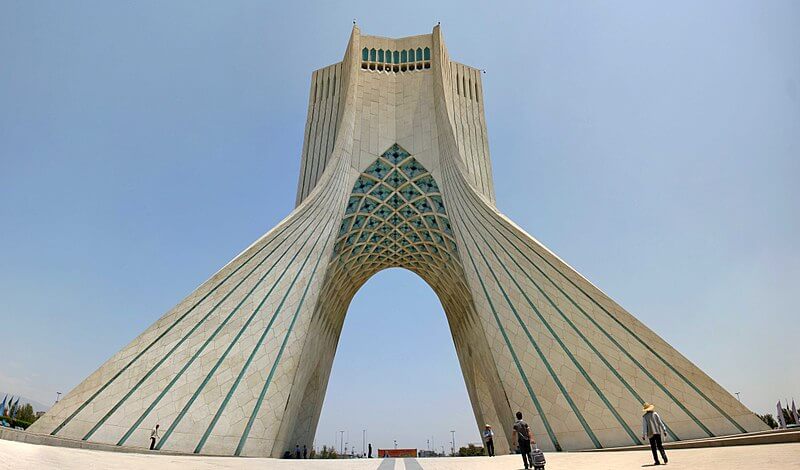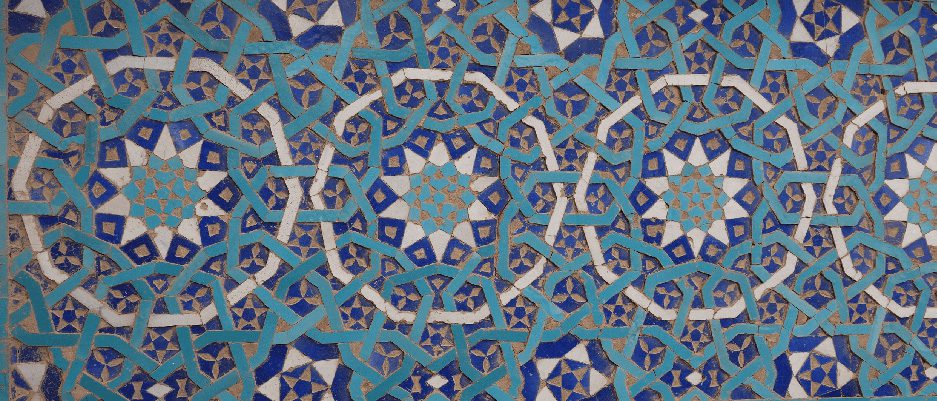Modern Iran: Iran and the International in the Modern Period
This centres on the matter of Iran’s relationship with the international during the Qajar, Pahlavi and Islamic Republic periods. To this end, the project has two objectives. The first is to provide an interdisciplinary forum for scholars interested in Iran’s relationships with the international. The ‘international’ here is understood as the world beyond Iran’s territorial borders. The second objective is to highlight how Iran and Iranians at both the state and non-state levels have engaged with the international. The state level can be understood in terms of the ruling classes and individuals or groups associated with them. The non-state level can be understood in terms of communities, groups and individuals who are not associated with the ruling classes. Importantly, this programme would encourage and include research from a number of disciplines across the humanities and social sciences, such as Anthropology, Archaeology, Art History, Cultural Studies, History and Global History, Political Theory, Politics, International Relations, Islamic Studies, Sociology, and Theology. Crucially, it stresses the need for interdisciplinary engagement.
The programme seeks to contextualise Iran’s engagement with the international historically, intellectually, and in terms of geography. This is in response to some contemporary discourses that tend to present the world in terms of the ‘West’ on the one hand, and the ‘Global South’, ‘Third World’, or the ‘non-West’ on the other hand.


Workshops
There will be two workshops.
The first workshop will focus on international relations at state and non-state levels across the three periods. It seeks to explore the nature of Iran’s ruling classes’ engagement at the state level alongside research on other areas of society, such as religious communities, minority communities, intellectual and art circles, merchants, political and/or social movements, and civil society organisations and their engagement with the international.
Papers that speak to the following research questions are welcome:
- How is engagement evidenced? For instance, in terms of government or court policy that may be in the form of official documentation.
- How do international relations at the state level relate to those at the non-state level?
- How do the communities/individuals/the state see themselves in relation to that which is not ‘Iran’?
- What is the ‘international’ for Iran at different points in its history?
- To what extent is Iran part of more global dynamics during these periods?
- To what extent do the causes of continuity and change within Iran lie in the international?
- To what extent is Iran part of more global dynamics during these periods?
The second workshop will focus on intellectual engagement with the international. The aim is to explore how ideas are developed across state boundaries during the modern period and the extent to which bodies of knowledge adhered to territorial borders. Considering this, this project would encourage research on how intellectuals, lay intellectuals, clerics, political thinkers, artists, and others engage with bodies of knowledge and how bodies of knowledge are geographically located, if at all. Furthermore, the project would encourage research on how the ‘international’ and relations between states and between societies have been theorised.
Papers that speak to the following research questions are welcome:
- Is there evidence of intellectual engagement with bodies of knowledge outside ‘Iran’, such as in the form of the co-optation of ideas?
- What is the rationale for engagement?
- How is the ‘West’ defined, if at all?; how are the borders defined if at all?
- How does Iran define itself geographically if at all?
- What is the ‘international’ for Iran at different points in its history?
- To what extent is Iran part of more global dynamics during these periods?
- To what extent do the causes of continuity and change within Iran lie in the international?
Programme Director:
Dr Shabnam Holliday

Dr Shabnam Holliday was awarded a 1st Class BA (Hons) in Arabic and Islamic Studies from the University of Exeter (1996). As an undergraduate she spent a summer as an intern with Gaza Community Mental Health Programme, Gaza Strip. After graduating, Shabnam worked for the British Council, Qatar and FC Business Intelligence, London. She returned to her studies in 2002. Following her MA in Middle East Politics (2003), Shabnam completed her PhD on Iranian national identity discourses (2008) at the Institute of Arab and Islamic Studies, University of Exeter, under the supervision of Professor Ali Ansari and Professor Nadje al-Ali. She was awarded the six-month Residential Post-doctoral BIPS fellowship in 2007/8 and has been Lecturer in International Relations at the University of Plymouth since 2008. In 2014, she was a Visiting Fellow at the Centre for Political Thought, University of Exeter. Her publications include Defining Iran: Politics of Resistance (Ashgate, 2011) and ‘The legacy of subalternity and Gramsci’s national-popular: populist discourse in the case of the Islamic Republic of Iran’, Third World Quarterly, 2016. She is the co-editor (with Philip Leech) of Political Identities and Popular Uprisings in the Middle East (Rowman and Littlefield International, 2016).